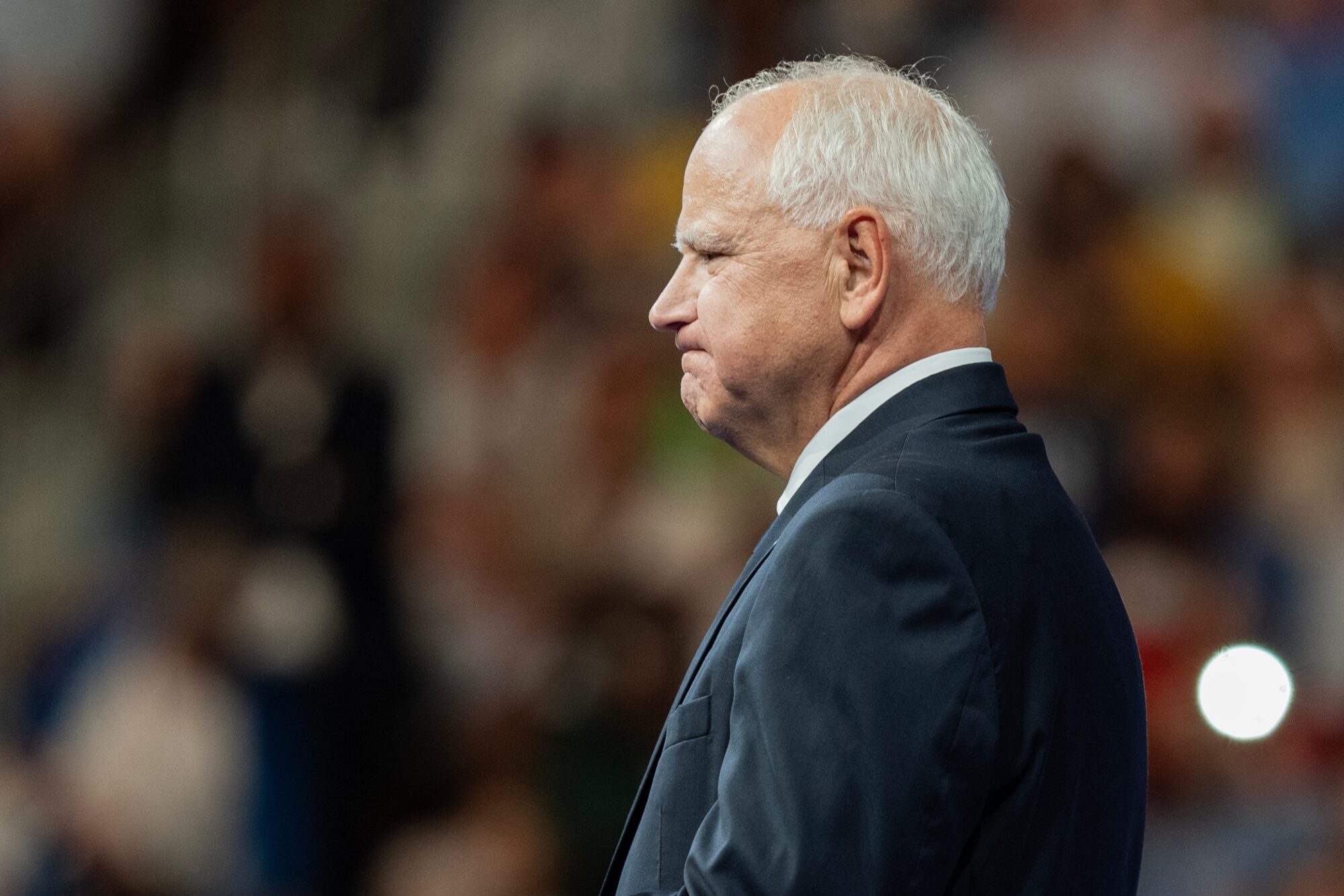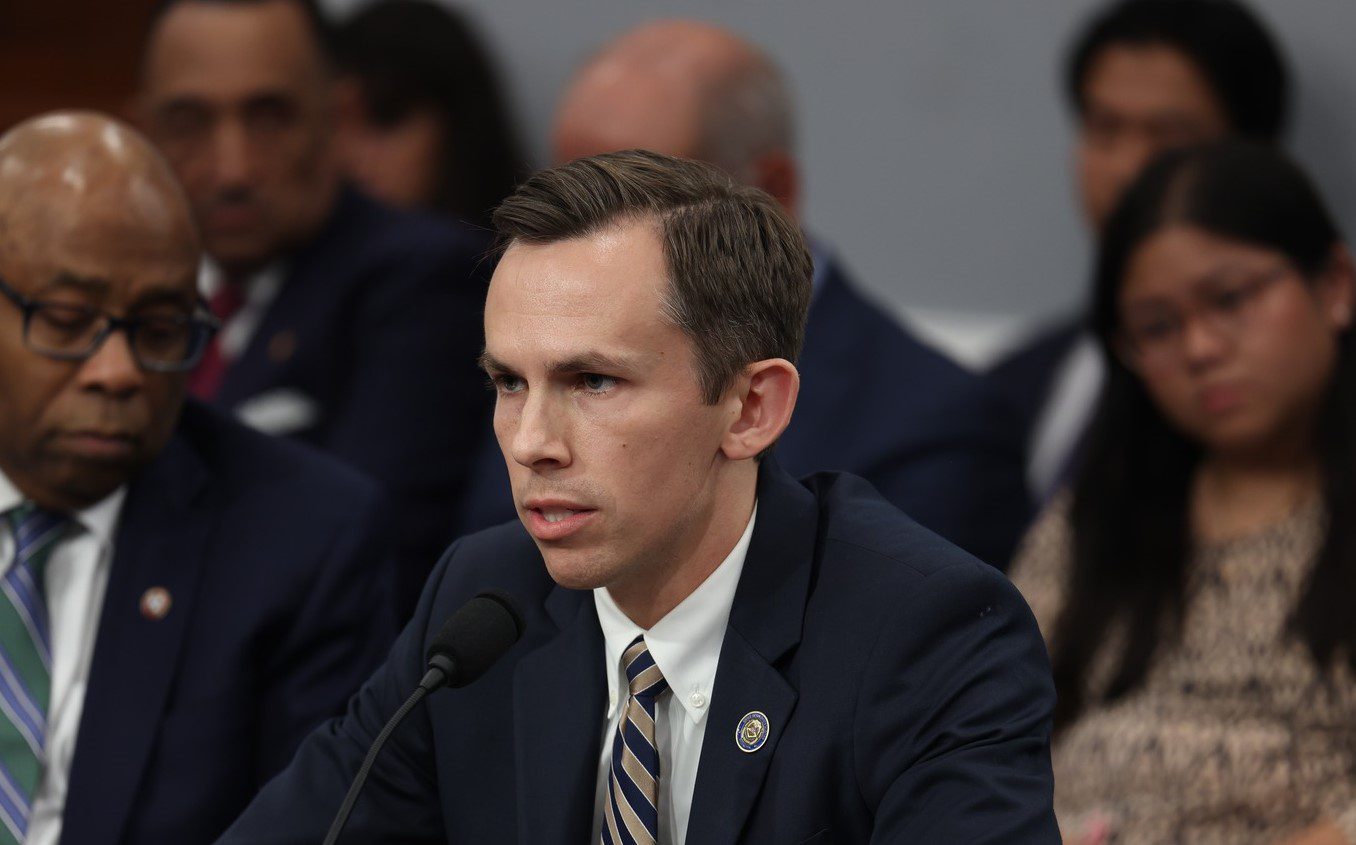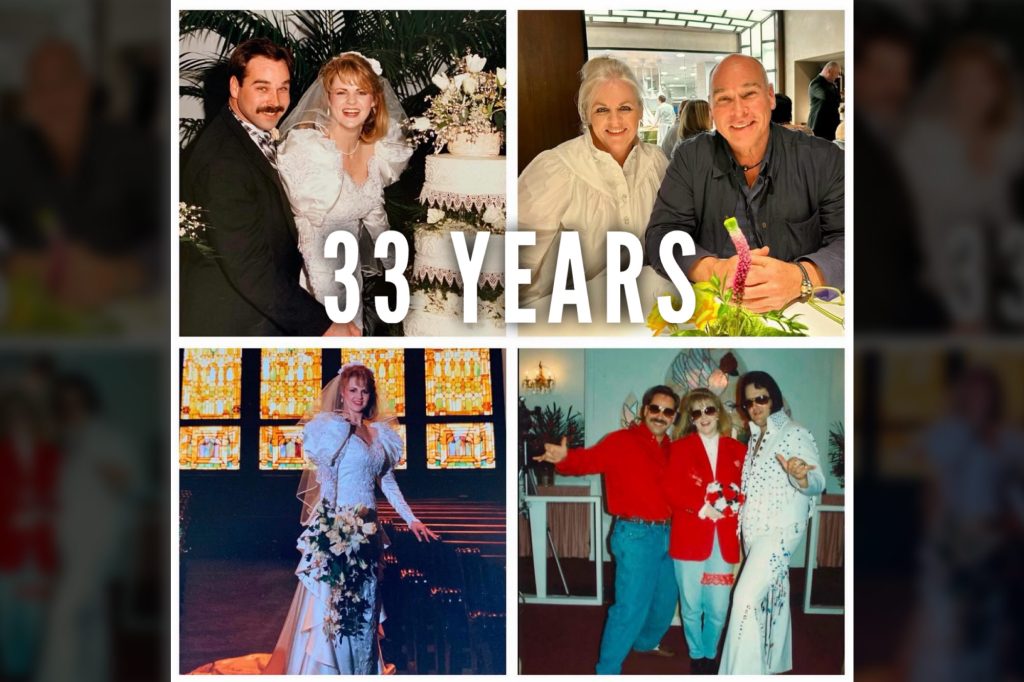
Sid Salter
- Columnist Sid Salter writes on the life of Dr. Leslie Burl McLemore.
Think about a powerful public speaker with the clarity and power of a Barack Obama. Then think about a distinguished educator who can capitative and motivate his students. Then imagine a politician unafraid to stand up for the rights of his constituents in the toughest political arena of all – local politics.
That’s Dr. Leslie Burl McLemore. Tall, lean and dapper, he is still a triple threat.
From humble beginnings 84 years ago in Walls, Mississippi, Dr. McLemore reminded Mississippi State University students that despite a long and distinguished career in both academics and public service it remains his status as a “living witness” to 1964’s “Freedom Summer” that is his most important legacy.
Last week, the MSU Libraries honored the 60th anniversary of 1964’s Freedom Summer with an Aug. 30 lecture from McLemore in the John Grisham Room at Mitchell Memorial Library. McLemore received the Lifetime Achievement Award from the Mississippi Historical Society.
During his high school days in Walls, McLemore said he was bluntly confronted with the inarguable disparities between his educational opportunities in segregated Mississippi schools and those of white students in his home county. After high school, he enrolled in the private historically Black Rust College at Holly Springs – affiliated with the University Methodist Church.
During his days at the private Rust College in Holly Springs, McLemore started the college’s chapter of the NAACP and became involved with the Student Nonviolent Coordinating Committee to help with voter registration. He was also a regional coordinator for the 1963 Freedom Ballot campaign.
McLemore shared with MSU students his mother’s reaction to him taking leadership roles in the NAACP and with voter registration efforts associated with the 1963 Freedom Ballot. He said his mother’s long-ago question remains with him: “Have you lost your mind?”
The Mississippi Freedom Ballot in 1963 was a mock election designed to create awareness and courage as Black Mississippians sought to overcome disenfranchisement. The campaign – a joint effort of COFO (the Council of Federated Organizations) and SNCC (the Student Nonviolent Coordinating Committee) ultimately empowered over 78,000 voters and is credited with the creation of the Mississippi Freedom Democratic Party.
After Rust College, McLemore would earn a master’s degree in political science from Atlanta University and a doctoral degree in Government from the University of Massachusetts-Amherst. There, he founded the W.E.B. DuBois School of African American Studies.
He was awarded fellowships at Harvard and Johns Hopkins before taking a teaching position at Jackson State University and became the founding chair of the Department of Political Science. Later, he would be named dean of the JSU Graduate School and Director of the Office of Research. McLemore served as interim president of JSU when MSU President Mark Keenum took the helm in Starkville, an association both recalled during their remarks at State.
McLemore gave his MSU audience an unvarnished assessment of the dangers he and his activist colleagues faced in Mississippi in the 1950s and 1960s. He recalled the memories of his fellow “living witnesses” to those chapters in Mississippi’s history.
To current MSU students, he offered this advice: “If you’re looking for a good term-paper, thesis or dissertation topic, think about getting to know more about Bob Moses. He helped bring meaningful change to Mississippi, to the South and to our country.”
McLemore served on the Jackson City Council (as president and as a member) for a decade, served as interim mayor of the City of Jackson following the sudden death of former Mayor Frank Melton. He later served on the Board of Aldermen in his native Walls, where he moved after retiring from JSU.
Sixty years after Freedom Summer, McLemore’s generation still has much to teach.








